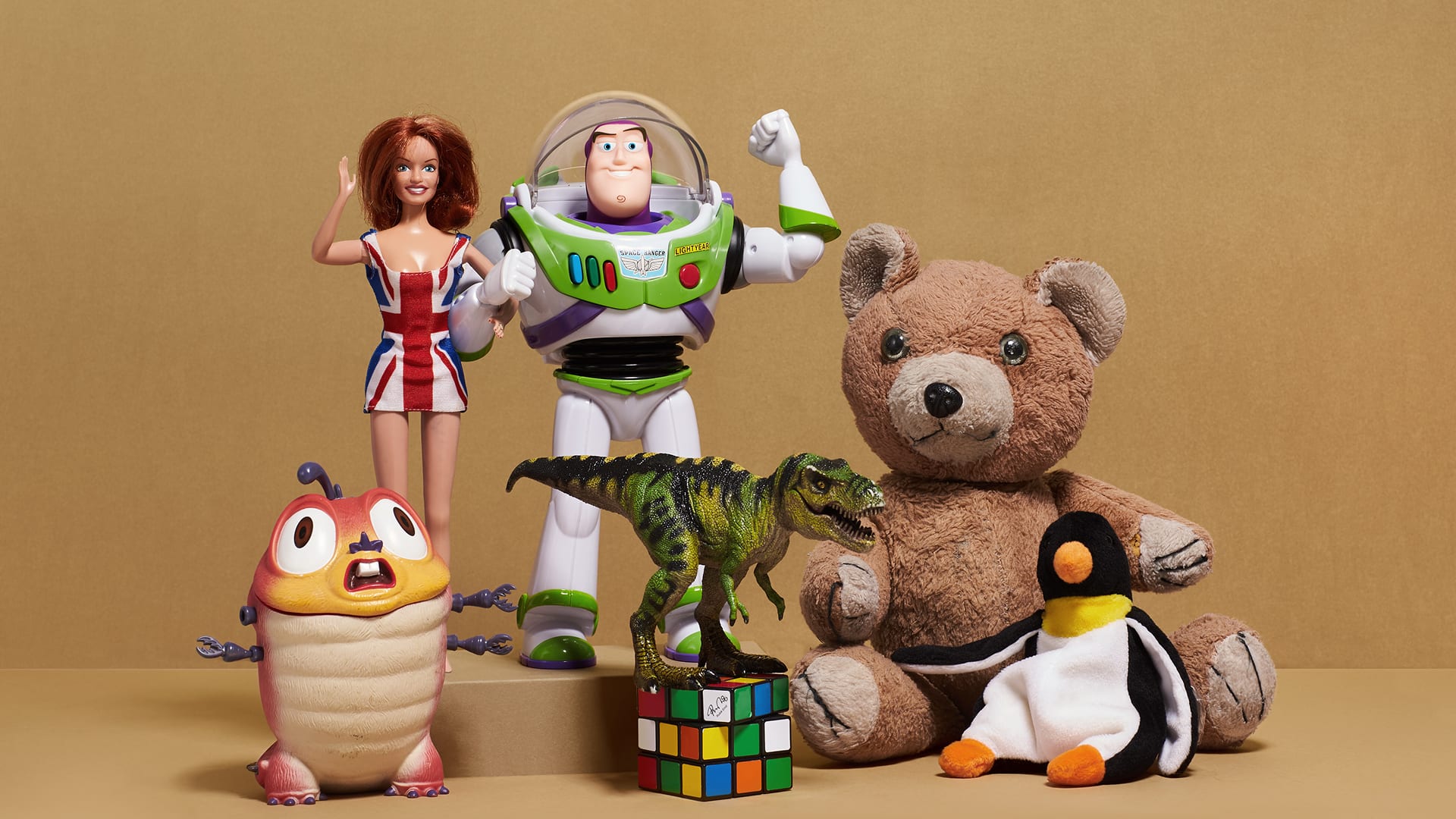TOOxTOO
#Issue 127
Megan Hotson
09/09/22
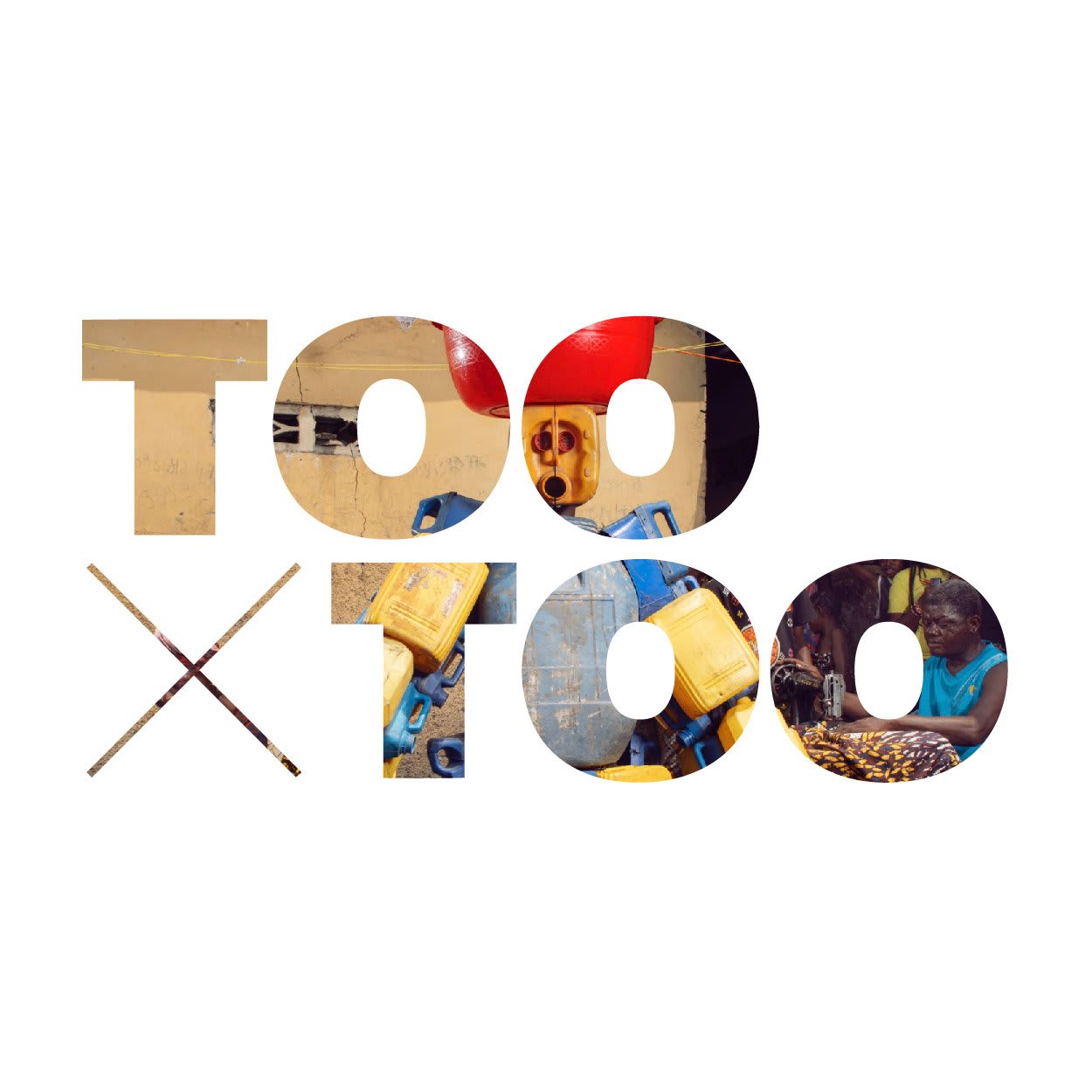
Welcome to your weekly dose of TooXToo, this week featuring the Congolese Street Children turning waste into wonder, Body shop renounces the term ‘Anti-ageing’, Modelling agency launches an avatar division, and Bill gates collaborates with Samsung…
The Congolese Street Children turning waste into wonder
Art is often used in human culture to relate to or express a reaction to crisis. The ‘waste turned into wonder’ by Congolese Street Children is an example of how art can help people respond to the endemic ecological disaster we face.
The youth of Kinshasa repurposed a variety of waste materials to replicate a series of traditional religious costumes. The sculptures aimed to foster appreciation for their culture, local histories, and rituals that have been destroyed overtime in the context of colonisation.
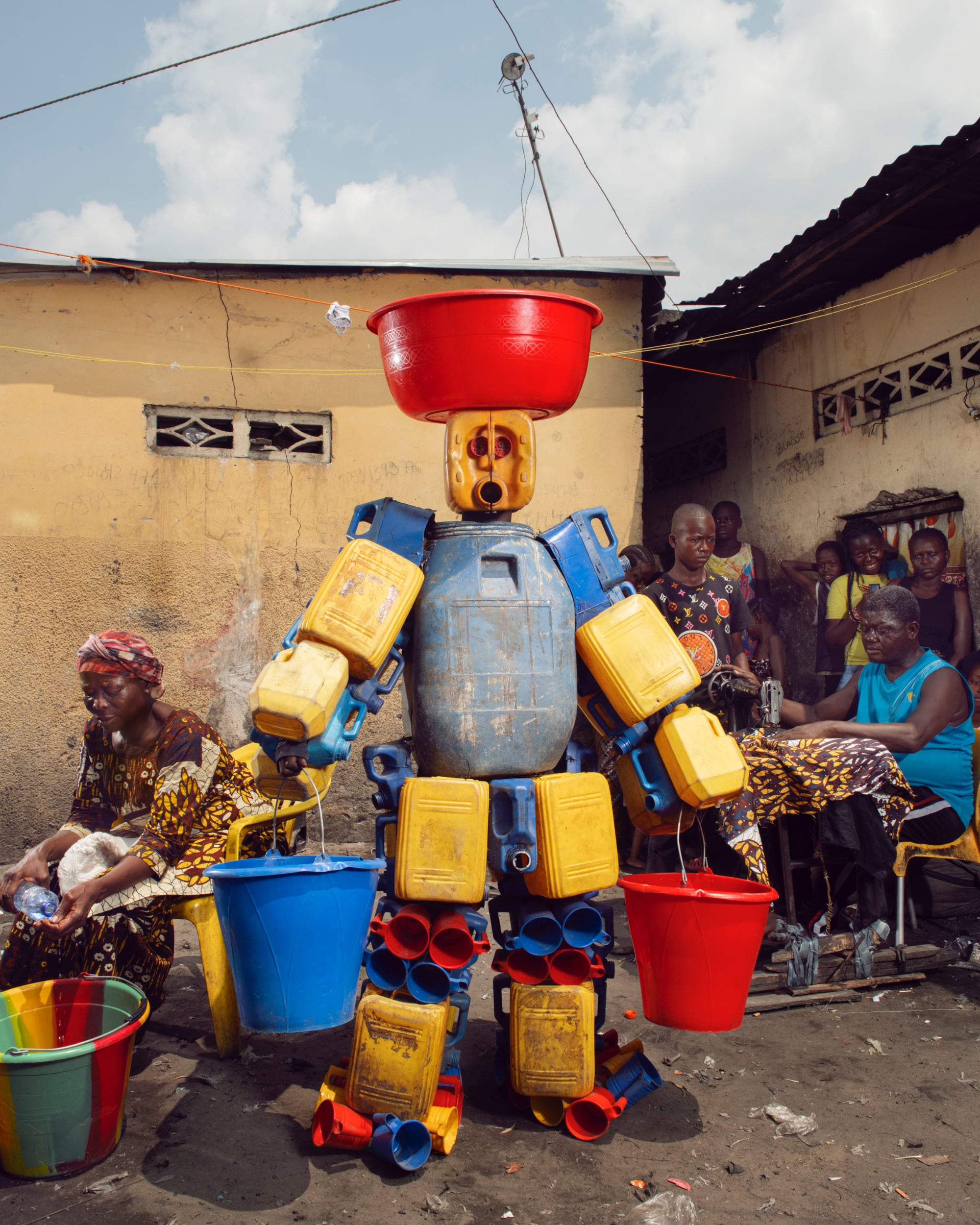
The photographer responsible for capturing this process and final result is Stéphan Gladieu, who commented on the project which he felt was “So dramatic, so strong, so visual”.
Kinshasa is one of the countries that American and European countries send their waste – this is illegal, but still continues and consequently undermines the power and resources available in actions like Kinshasha.
This makes the work of Gladieu even more profound. In being able to give a voice to the expression of this culture, and people who keep its heart beating – awareness can be created globally.
The work itself by the youth in this country also demonstrates the impact of materiality when it comes to provoking emotion. Objects can be repurposed in wonderful ways to create new meaning and is especially emotive when the materials used are re-purposed like they have been here from waste. The waste turned into wonder heres remind us of the urgent status of the climate crisis currently entrenching society.
Body Shop renounces the term ‘Anti-Ageing’
How brands communicate with an ageing demographic is key, to empower rather than undermine consumer confidence. Body Shop has taken a step away from using the term ‘Anti-Ageing’ and has instead adopted the line ‘Drops of Youth’ to market their best-selling skincare serum.
Bodyshop has announced that they want to avoid promoting ‘anti-ageing’ as it could be harmful, and instead want to shift the narrative that feeds into the negative views on ageing.
In their accompanying campaign video, Body Shop focuses on the power of resilience, encouraging consumers to ‘Build Resilience everyday!’ The video focuses on the daily challenges we might face as we grow old, and emphasises the value to be found in focusing on the smaller things that are important to us individually.
Often marketing that pushes anti-ageing can feed into consumer’s insecurities, which some companies benefit from. However, Bodyshop wants to lead the way and create a new way to communicate how products can help people embrace ageing, and appreciate the challenges they face with resilience.
Wellness is a growing industry, and one that consumers are keen to invest in in the context of tougher political, and economic societal issues.
If brands can empower their consumers to feel differently about ageing – an inevitable biological process, they are going to spearhead a new, far more aspirational narrative that builds consumer confidence.
Modelling agency launches an avatar division
Models created in the digital world are now able to profit despite being avatars. The LA based modelling agency ‘Photogenics’ has created a new avatar division that will facilitate brands to overlap the physical, and virtual world.
The new division will allow model’s personas to be scanned in real life, creating their photo-realistic avatar version in the digital world.
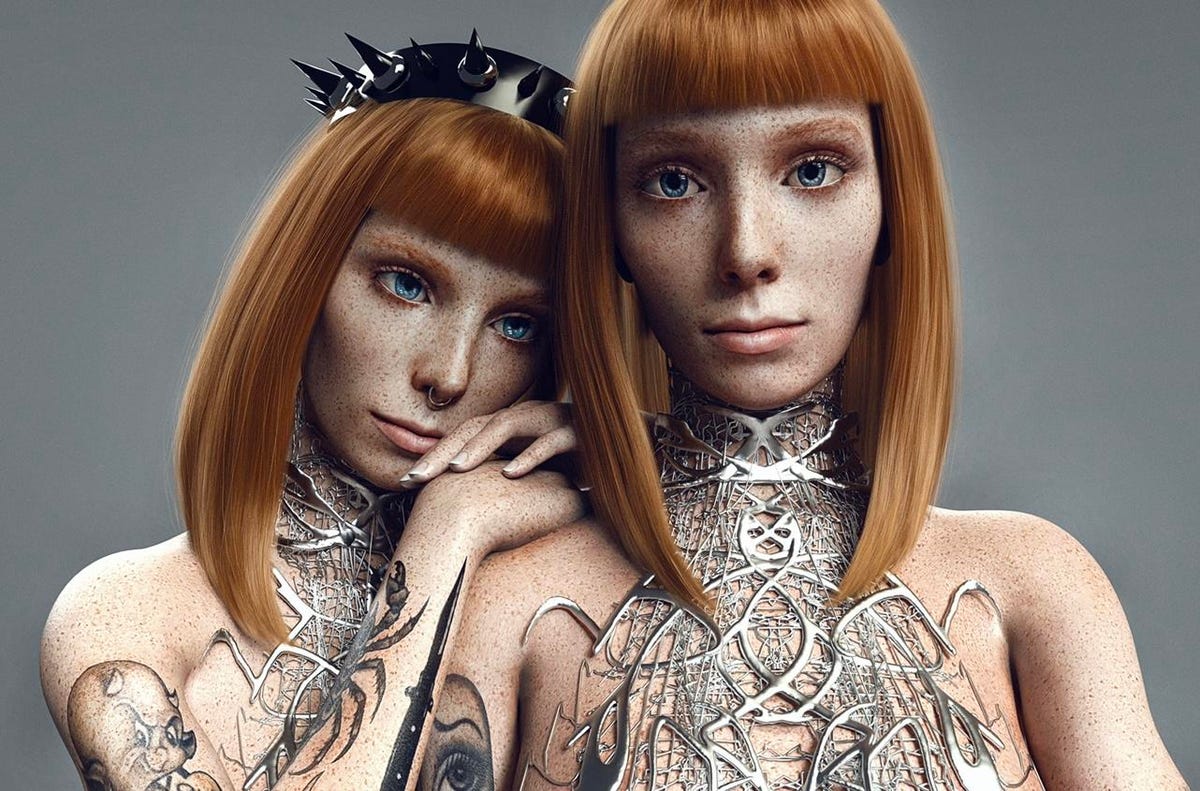
Launching this month, the division will represent 13 models in their virtual forms. The avatars will then be able to be used by brands for animation, to display clothes, and in advertisements.
Fashion brands have already taken up a great amount of space in the metaverse, bringing luxury to the digital realm in the form of NFT wearables, or premium retail spaces for example. This latest advancement will further support the innovation, and creativity of brands in this space to reach a mass audience through utilising the metaverse.
One of the positives of avatar modelling for brands is that it will cost far less, and allows for greater flexibility when it comes to booking models, or transporting them across the globe. Models will also benefit greatly from being able to monetise their digital, as well as physical presence in their day-to-day modelling work in being able to exist simultaneously.
Despite the discussed pro’s, it is important to consider where the boundaries might be stretched when it comes to human identity.
There is a danger in replicating an individual’s identity for profit – does this mean a model’s avatar is solely a fiscal commodity? And if so, how might this implicate a model’s real-world identity, and self-esteem?
Bill Gates collaborates with Samsung
Tech genius Bill Gates has collaborated with Tech giant Samsung to create a (not so glamorous) product that is designed to turn waste “into ashes”.
The pair have joined forces to create a toilet that combusts waste. The household technology will be waterless and has been inspired by a 2011 initiative that sought to create a toilet that safely, and effectively managed human waste.
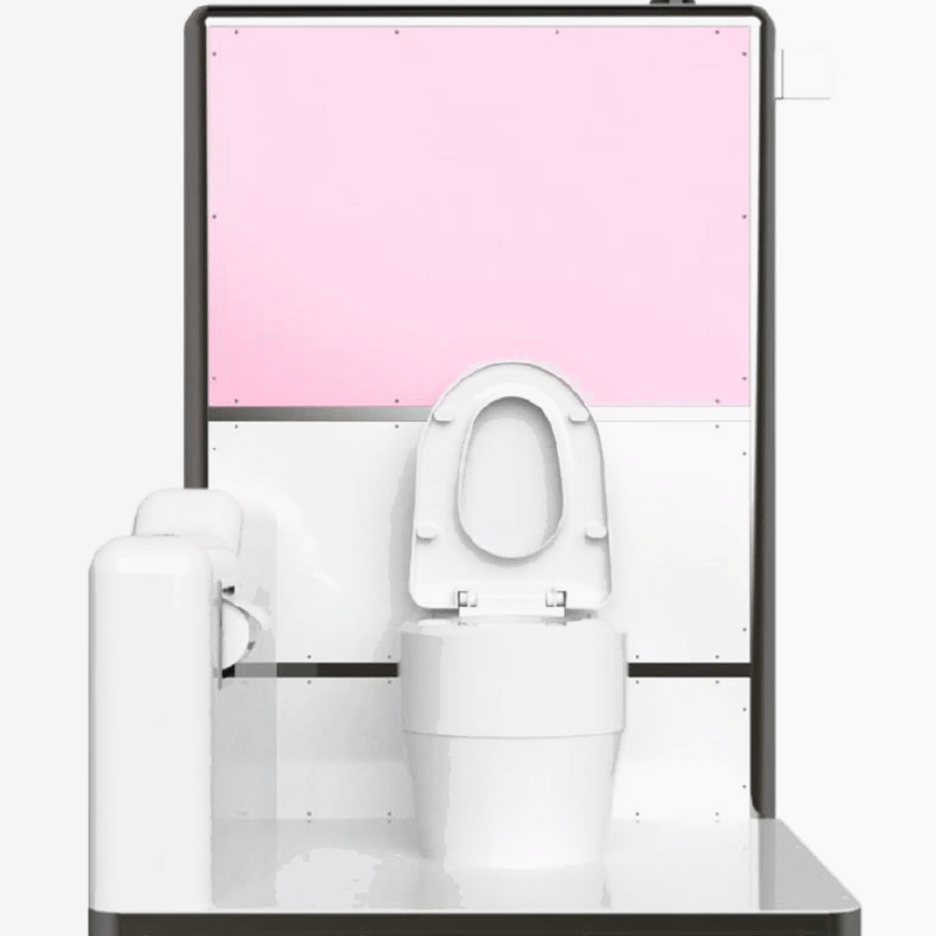
Gates worked with the research and product development teams over at Samsung to design and develop the concept to produce the initial prototype. The toilet that turns waste into ashes utilises heat-treatment and bio pressing technologies to eliminate the pathogens detected in human waste.
The re-imagined toilet is an energy-efficient alternative, that contributes to a growing awareness in the tech-industry to consider the often-excessive energy output of different products.
As well as this, the innovation is important for human health. As Gates describes the existing infrastructure that manages waste is comprised of “hard-to-manage technologies that don’t do much good in developing countries where 950 million people still have to defecate outdoors”.
The toilet is still to be fully tested, so remains in its nascent form – but look out for this collaboration, soon your waste might just be turned to ashes.
